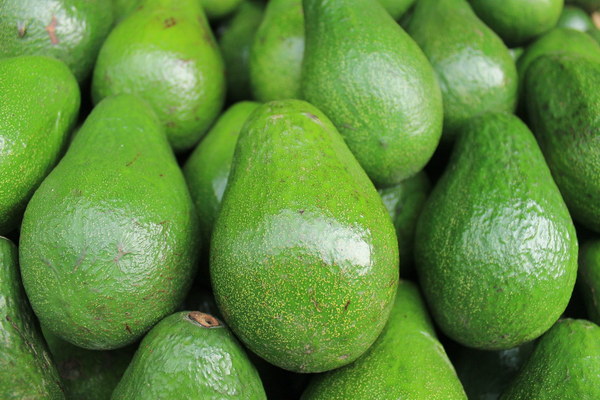Boost Your Kidney Health with a Luxurious Shark Fin Soup A Traditional Chinese Elixir
Boost Your Kidney Health with a Luxurious Shark Fin Soup: A Traditional Chinese Elixir
In the realm of traditional Chinese medicine, the belief in the power of food to heal and rejuvenate the body is deeply rooted. One such culinary marvel is the shark fin soup, a delicacy that is not only a symbol of wealth and status in Chinese culture but also a potent remedy for kidney health. This article delves into the world of shark fin soup, exploring its historical significance, nutritional benefits, and the science behind its traditional use for kidney tonification.
The Rich History of Shark Fin Soup
Shark fin soup has been a staple in Chinese cuisine for centuries, particularly in the Cantonese culinary tradition. Its origins can be traced back to the Song Dynasty (960-1279 AD), where it was considered a royal delicacy. Over time, the soup became more accessible to the elite, and it was often served during important ceremonies and celebrations as a symbol of prosperity and good fortune.

The soup is made by simmering shark fins, which are the tough, translucent structures that support the shark's skeleton, in a rich stock. This process can take hours, and the result is a gelatinous, luxurious broth that is both savory and slightly sweet. The fins, which are typically sourced from the Great White, Oceanic Whitetip, and Blue Shark species, are known for their high collagen content, which contributes to the soup's distinct texture.
Nutritional Benefits of Shark Fin Soup
While shark fin soup is a luxurious dish, it is also packed with nutrients that are believed to have health benefits, particularly for kidney function. The primary component that contributes to these benefits is collagen, which is a protein that is essential for maintaining healthy skin, hair, and connective tissues.
Collagen is also thought to help improve kidney function by supporting the structure of the kidneys and promoting the production of urinary proteins. Additionally, shark fin soup contains other nutrients such as:
- Glycine: An amino acid that is believed to help reduce inflammation and may have anti-aging properties.
- Proline: Another amino acid that is essential for the formation of collagen and may help with wound healing.
- Silica: A mineral that is important for bone health and may have anti-inflammatory effects.
The Science Behind Kidney Tonification
In traditional Chinese medicine, kidney tonification is a key aspect of maintaining overall health. The kidneys are considered the root of life and are associated with vitality, fertility, and longevity. Shark fin soup is believed to tonify the kidneys by providing the necessary nutrients to strengthen and rejuvenate them.
While the scientific evidence to support these claims is limited, some studies have suggested that the collagen and amino acids found in shark fin soup may have anti-inflammatory and anti-aging effects. Additionally, the high protein content of the soup may help with muscle repair and overall strength.
Cultural and Ethical Considerations
Despite its health benefits and cultural significance, the consumption of shark fin soup has come under scrutiny due to the devastating impact it has on shark populations. Shark fins are often harvested through a cruel practice called shark finning, where sharks are caught, their fins are sliced off, and the rest of their bodies are thrown back into the ocean to die.
The ethical debate surrounding shark fin soup has led to a growing movement towards sustainable alternatives. Many restaurants and chefs are now offering plant-based shark fin soup made with seaweed and other natural ingredients, which provide a similar texture and flavor without the ethical concerns.
Conclusion
Shark fin soup is a luxurious and culturally significant dish that has been enjoyed for centuries in Chinese cuisine. While its nutritional benefits for kidney health are well-documented, the ethical implications of its production cannot be overlooked. As consumers, it is important to consider both the health and environmental impact of our food choices. By exploring sustainable alternatives and supporting responsible sourcing, we can continue to enjoy the culinary delights of the world while preserving its natural wonders for future generations.









